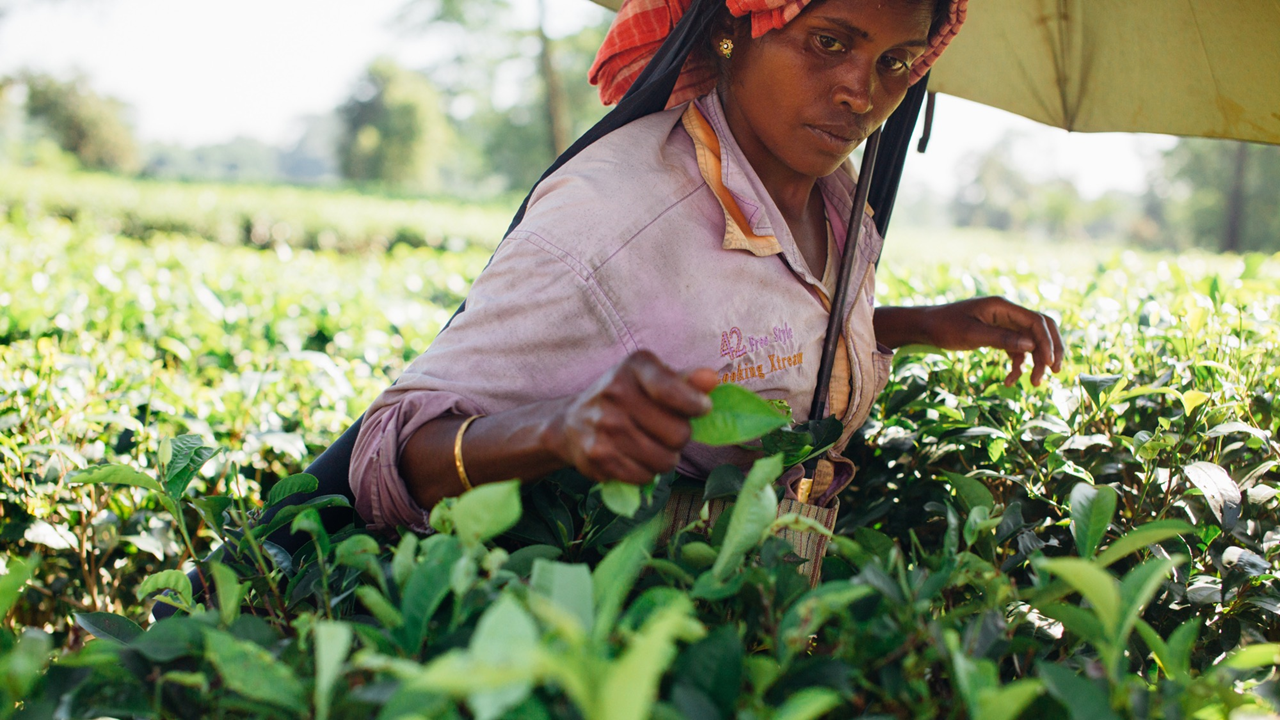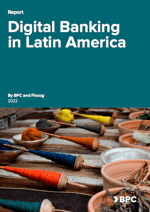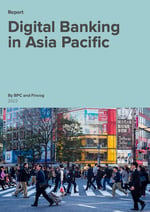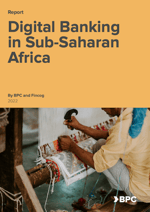The world is immersed in a war against the spread of the Covid-19 virus. The virus is not sparing any regions or countries, affecting people and businesses alike, impacting even more on the most vulnerable businesses and entrepreneurs to make ends meet. Farmers too are experiencing the ripple effect of Covid-19 at the critical harvest season. The pandemic has exposed new vulnerabilities on the agriculture sector, on crop and livestock prices.
Agricultural development is the backbone to fight poverty around the world and Covid-19 is having a direct effect on the most vulnerable. Everyone needs food. Farmers feed the world, and farmers feed themselves too. Looking at India, agriculture is the backbone of the economy, with 70 percent of its rural households depending primarily on agriculture for their livelihood. India’s agriculture exports were US$ 38.54 billion in 2019, with ambitious goals to double farm income by 2022. India is the second largest fruit producer in the world; it is also the largest producer, consumer and exporter of spices and spice products
Let it perish or do something!
Although farmers are regularly impacted by climate change, Covid-19 is adding to the challenge. As a matter of fact, so far, the virus spread has not been hurting food production; the volumes produced are not so different from those from the previous year. The disruption lies in the supply chain. With a broken supply chain, access to food becomes a challenge. The volume of food distribution at national level is reduced, not to mention the impact on international trade, with considerable risks for produce to become not consumable anymore. The demand for high-value crops that are key to export earners will reduce. Trade restrictions will influence world food price volatility, disproportionately affecting poor consumers while representing a danger to our economies. While shortages of labor can reduce overall production and food viability. The situation is not improving, as people’s instinct led to a rush to empty stores, leaving the most vulnerable underserved.
Despite this surreal picture of the world we currently live in, we need to bring back creative thinking and think smart to ensure we can support the farming industry during this crisis, which is likely to last for an undefined time. How to support the 82 percent of farmers that are small, marginal and remote in this critical time? How to refrain from an income loss for farming households?
A phy-gital solution to a growing problem
After months of research, in December 2019 we launched Safal Fasal, the first agritech marketplace in India. Built on a vision to use technology to serve farmers and solve their challenges in getting access to input, financing, insurance or advisory services, the platform has generously onboarded 40,000 farmers who are mentored by multiple institutions including Reliance Foundation, PWC, Tanager, Dr Reddy’s Foundation, JSW Foundation and matching them with buyers and multiple partners such as, Bayers, Fino Payments Bank, ICICI Bank among many others. The pilot phase, which lasted for three months, has successfully boosted the industry, starting in the Gujarat and Andhra Pradesh regions. Farmers sell their produce online to FMCG or the wholesaler at a better price and get greater exposure than they could imagine they would have. As the marketplace closed its pilot phase in March, the unexpected Covid-19 came to challenge our model with very little time to act. Our model was simple – onboard farmers and farm-producing organisations blending two approaches, a best of breed online marketplace for the more savvy or farmer-designated manager, coupled with on-field meetings to drive better education and reach. Several ecosystem players from logistic, insurance, financial institutions to advisors joined the initiative to boost the agri-economy in India. While our regular daily routines to visit farmers happened before the complete confinement, we’ve experienced an increased pressure and stress among farmers on the future of their produce. How they could sell existing stocks fast before they expire. The season is at its peak and losing stockpiles of fresh vegetables, fruits and spices, all ready to be delivered and consumed, would cause irreversible damage. Our critical Covid-19 plan could not wait weeks of strategic thinking; we had to act fast and ensure we could support the most vulnerable farmers. Here is what we did and what we learned:
- India’s firms are turning to digital, so do farmers
The pandemic has accelerated the digital transformation of many industries. Working or studying from home using tech, turning to online shopping to get goods delivered and the rise of digital adoption are palpable across the globe. Accelerating the use of digital agriculture solutions is no longer nice to have – it is a necessity. Marketplaces in the agri sector are essential, all ecosystems are there to support. As Safal Fasal went into its commercial launch using social media, we’ve received 5,000 supports online on Facebook in a week alone with farmers, cooperatives, and buyers rushing to join us on our journey. The phone-equipped farmers can reach this market alone, while others look for community support for this digital transition.
- Empowering a designated farmer to maintain the dialogue
While the less digital savvy farmers do not even carry a mobile, we proactively empowered a local designated representative to make the liaison. This community support works for many purposes.
Not all government measures are always reaching the most remote farmers, let alone being understood. While most marginal farmers are not educated, the designated manager maintains the dialogue and provides necessary guidance in the field. The same designated farmer acts on behalf of its peers, marginal farmers, to upload their produce into the marketplace, with a photo of the crop at the touch of a mobile button and entering the available stock details.
- A proximity solution to a broken supply chain
With international shipping at stand still, mobilising more ecosystem players for storage was vital. Another ripple effect as experienced in many countries is the turn to neighborhood and proximity business as a key priority. Selling goods and selling fast needs to strategically start around you as the supply chain is broken. It also comes with a reduction of minimum quantity to supply nearby buyers.
- Increased education to protect farmers and improve food security
While the government has exempted from lockdown rules many agricultural operations – from harvesting to movement of produce to mandis – our duty is to ensure farmers and food security through education. The implementation of precautions and safety measures during harvesting, post-harvest operations, storage and marketing of rabi crops, is critical in this phase, ensuring farmers can have business continuity while not exposing themselves to the virus.
- Predictive cash flow needs
With crops not selling as fast as normal, the need for a healthy cash flow balance will be essential as we enter into the next harvest season. The team at Safal Fasal is particularly focused on gathering all requirements for the next sowing season for inputs and preparing the ground for credit support through the marketplace ecosystem players. The marketplace aims to weather the impact of the pandemic and support business continuity.
- Prepare for the post-confinement rise in demand
Stockpiles of some produce are building at ports, while others are piling up at farms, the post-confinement period needs a critical plan to ensure crops can be delivered without putting food security at risk. Safal Fasal is working with all ecosystem players to ensure an agile plan is in place to strategically deliver produce to their destination using multiple shipping methods and locations.
Such agile plans could not have been possible if farmers had to act on their own. Relying on marketplaces, joining forces with industry specialists all contribute to safeguarding the lifeblood of any economy. Marketplaces are becoming an important piece of the puzzle. Governments need to come in support of M-SMEs to create or join marketplaces, go digital as a survival mode to more challenges to come, beyond Covid-19 – building inclusive and efficient value chains to boost their economy.
www.safalfasalonline.in




